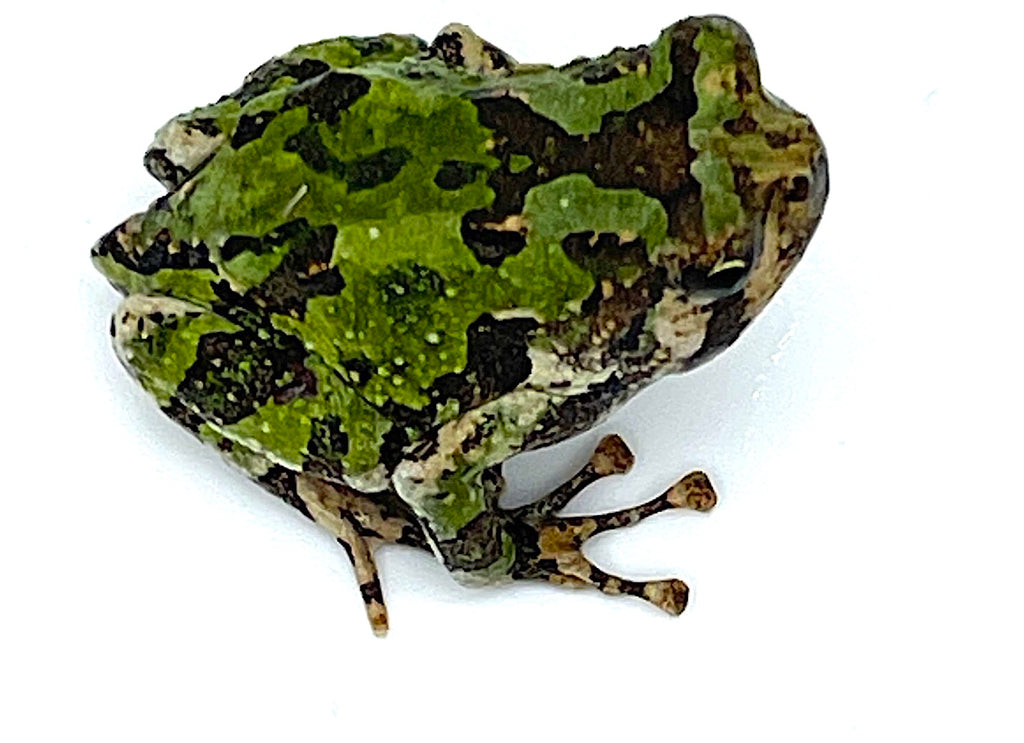Common Wellness Issues in Reptiles: Signs and Solutions
In the intricate globe of reptile care, recognizing the common health and wellness concerns that might affect these special creatures is vital in ensuring their wellness. Whether it's grappling with parasitical problems, navigating dehydration issues, or resolving skin disorders that show up in subtle methods, being attuned to the symptoms and equipped with the expertise of effective solutions is essential for any kind of reptile owner.
Breathing Infections
Respiratory infections in reptiles can substantially impact their total health and call for prompt focus from seasoned vets. These infections are commonly created by bacteria, fungi, or infections and can materialize with signs and symptoms such as wheezing, nasal discharge, open-mouth breathing, and sleepiness. In reptiles, respiratory system infections can be particularly challenging to identify and treat as a result of their special anatomy and physiology. Vets typically depend on a mix of health examinations, analysis imaging, and laboratory tests to precisely determine the underlying root cause of the infection.
Treatment for respiratory system infections in reptiles commonly involves a combination of supportive treatment, such as maintaining appropriate moisture degrees and temperature level slopes in the enclosure, as well as targeted drug to attend to the specific virus in charge of the infection. It is crucial for reptile proprietors to monitor their pet dogs carefully for any signs of respiratory distress and look for veterinary care at the earliest sign of a concern. With prompt intervention and ideal treatment, lots of reptiles can recover completely from breathing infections and resume typical tasks.

Metabolic Bone Disease
What aspects add to the advancement of Metabolic Bone Condition in reptiles?
Metabolic Bone Condition (MBD) in reptiles is mainly caused by an absence of appropriate calcium, phosphorus, and vitamin D3 levels in their diet plan. When reptiles do not receive sufficient calcium, either via their food or proper UVB direct exposure for vitamin D3 synthesis, they go to a high danger of creating MBD. Reptiles with diet regimens low in calcium or imbalanced calcium to phosphorus proportions are particularly at risk. In addition, inadequate direct exposure to UVB light avoids reptiles from synthesizing vitamin D3, which is vital for calcium absorption and bone health and wellness.
Insufficient moisture levels can additionally influence a reptile's ability to metabolize calcium efficiently. Regular vet check-ups, proper husbandry practices, and a well balanced diet are crucial to protect against Metabolic Bone Illness in reptiles.
Parasitical Infestations
Parasitical infestations posture a considerable health and wellness threat to reptiles, affecting their total wellness and requiring timely veterinary interest. Reptiles can be influenced by various bloodsuckers, including mites, ticks, interior worms, and protozoa. These parasites can create a series of symptoms, such as weight loss, sleepiness, skin inflammation, looseness of the bowels, and even death if left untreated.
One you could look here typical bloodsucker located in reptiles is the mite, which can cause skin anemia, irritation, and tension. Ticks are another external parasite that can transfer diseases and create discomfort to the reptile. Interior parasites like worms and protozoa can result in digestive problems, lack of my blog nutrition, and damage the reptile's body immune system.
To diagnose a parasitic infestation, a veterinarian might perform fecal tests, skin scrapings, or blood tests. Treatment typically involves deworming drugs, antiparasitic baths, or in extreme cases, a hospital stay. Preventative actions such as regular vet exams, correct health, and quarantine procedures for new reptiles can help minimize the danger of parasitic infestations and guarantee the health of reptile family pets.
Dehydration and Hydration Issues
Dehydration in reptiles can considerably affect their wellness and well-being, necessitating prompt intervention and appropriate hydration monitoring. Reptiles are vulnerable to dehydration because of different aspects such as insufficient water intake, high environmental temperature levels, and specific health problems. Symptoms of dehydration in reptiles include sunken eyes, sleepiness, loss of skin elasticity, and lowered peeing. If left untreated, dehydration can bring about severe health issues and also be fatal to the reptile.
To stop dehydration, reptile proprietors should guarantee that their pets have accessibility to tidy water in all times. The water dish must be large sufficient for the reptile to soak in if needed, especially for types that absorb water with their skin. Additionally, preserving proper moisture degrees in the reptile's enclosure and supplying regular bathrooms can help avoid dehydration.
In cases of dehydration, it is crucial to seek vet treatment useful link quickly. A vet might administer liquids either by mouth or with shots to rehydrate the reptile. It is vital to address the underlying reason for dehydration to stop reoccurrence and make sure the reptile's total health.
Skin Conditions

Final Thought

Respiratory infections in reptiles can significantly influence their overall wellness and need punctual interest from knowledgeable veterinarians (rain frog for sale). Preventative actions such as routine vet exams, correct hygiene, and quarantine treatments for new reptiles can aid lessen the risk of parasitical infestations and ensure the health of reptile animals
If left untreated, dehydration can lead to severe health issues and even be deadly to the reptile.
On a regular basis inspecting your reptile for any kind of adjustments in skin texture, color, or look can aid in early discovery and therapy of skin conditions, advertising the overall health and wellness and health of your scaly buddy. - rain frog for sale
In verdict, reptiles are prone to various health and wellness concerns such as respiratory infections, metabolic bone illness, parasitical problems, dehydration, and skin disorders.